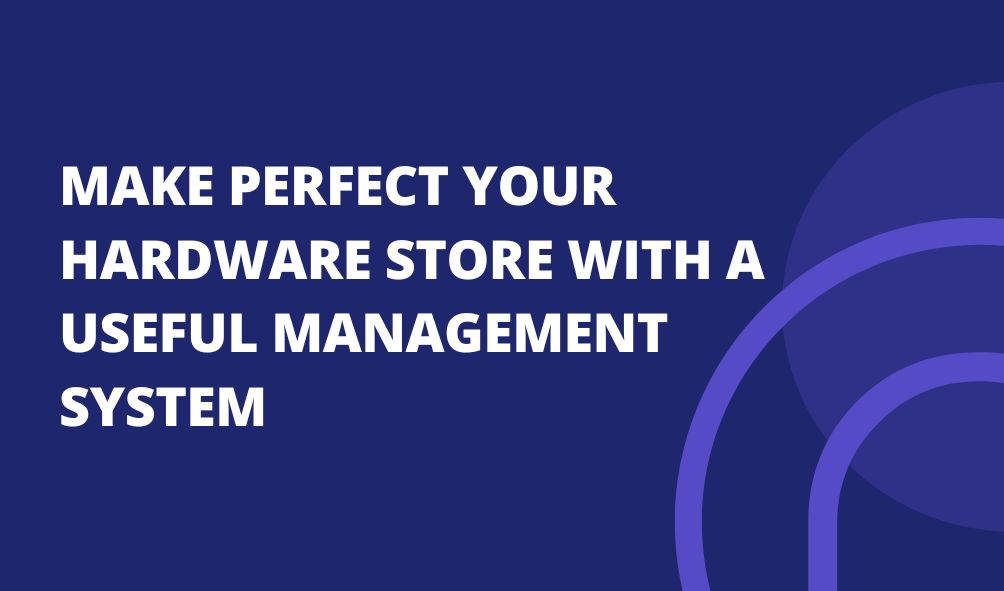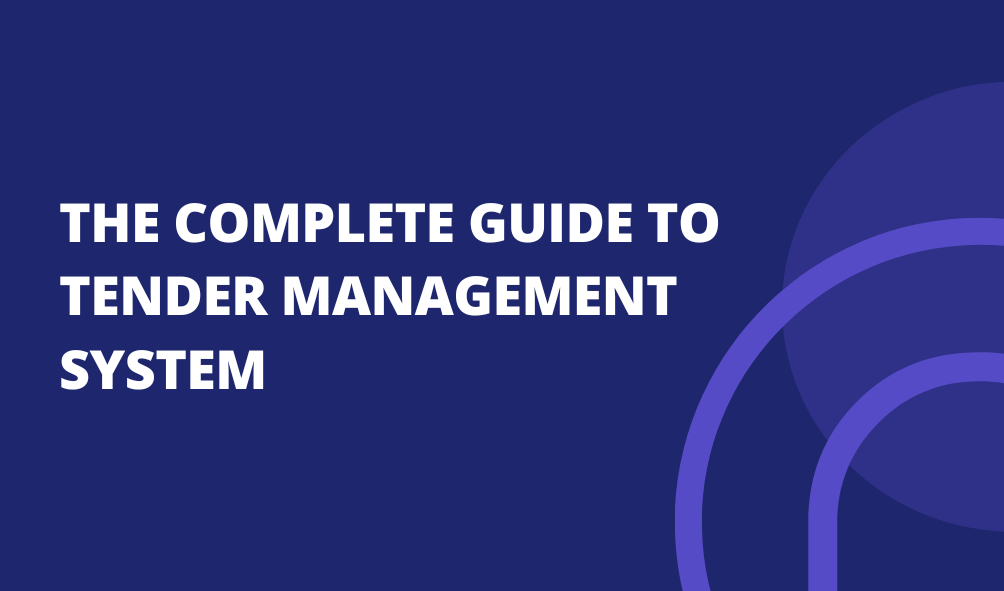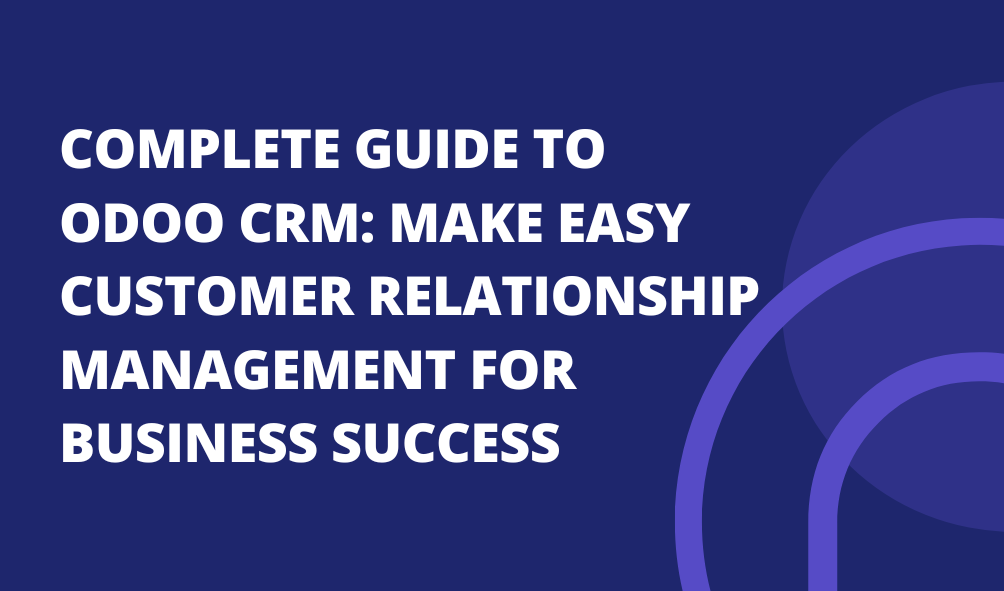10 Must-Have Features in a POS System — 2025 Guide
In today’s fast-paced business world, a POS system is more than a payment tool. It is the backbone of a successful business. A modern retail POS system does much more than handle transactions. It helps businesses track inventory in real time, manage sales efficiently, and improve the customer experience.
Choosing the right POS system for your business can greatly improve daily operations and increase profits. From small shops to big retail chains, businesses depend on important POS system features. These include automated stock tracking, sales reporting, and secure payment processing.
Understanding the top POS features ensures you choose a system that meets your needs and helps you stay ahead of the competition. If you need a POS system for retail or another industry, the right software can help. It will make management easier, boost customer satisfaction, and support business growth.
What is a POS System?
A POS (Point of Sale) system is software. Businesses use it to process sales, manage inventory, and handle customer transactions. A good POS system, whether for retail or restaurants, helps businesses run smoothly and work better.
Modern POS software features go beyond just processing payments. They include inventory tracking, customer management, and sales reporting.
Many businesses want the best POS software with advanced features. They often pick a cloud-based POS system. This choice offers remote access, security, and easy updates.
When picking a POS system for retail or hospitality, consider the important features. These features should match your business needs. This guide will cover the top POS features to help you find the right solution in 2025.
Best Features of a POS System
A POS system is not just for processing transactions. It is also important for managing inventory, sales, and customer relationships.
Whether you use a retail POS system or one for restaurants, the right features can help your business run better.
With evolving technology, businesses must invest in the best POS software with advanced features to stay competitive.
Here are 10 important POS software features that every business should look for in 2025.
1. User-Friendly Interface
A POS system should be easy to navigate, allowing employees to process transactions quickly without confusion. A retail POS system or a restaurant POS system should have an easy-to-use design. It should have a touchscreen, clear menu options, and a few steps to finish a sale.
A user-friendly system reduces errors, speeds up checkout, and improves customer satisfaction.
Businesses looking for the best POS software should focus on ease of use. This helps ensure smooth operations and cuts down on staff training time.
2. Cloud-Based Access
A cloud-based POS system allows businesses to access their sales, inventory, and customer data from anywhere. A cloud-based POS keeps information safe online. This reduces the risk of losing data compared to traditional POS systems.
It also enables automatic software updates, providing businesses always have the latest POS software features without manual intervention. For multi-location businesses, this feature is crucial for syncing data across different stores in real-time.
3. Inventory Management
One of the essential POS system features is inventory tracking. A POS system for retail must monitor stock levels, update quantities after each sale, and send alerts for low stock.
Advanced systems even support automated reordering to prevent overstocking or shortages.
Efficient inventory management helps both small shops and large retail chains. It makes sure businesses have the right products for customers.
4. Customer Relationship Management (CRM) Integration
A modern POS retail solution should have CRM features. These features help store customer data, track purchase history, and provide personalized promotions. By integrating POS software features with loyalty programs and email marketing, businesses can boost customer retention.
A retail POS system with CRM features helps businesses connect with customers. It improves brand loyalty by offering targeted discounts and rewards.
5. Multi-Payment Options
In 2025, businesses must accept various payment methods, including credit/debit cards, digital wallets, UPI, and contactless payments. A POS system for retail stores or restaurants must support flexible payment options to cater to all customer preferences.
The ability to process multiple payment types improves checkout speed and enhances customer experience. When choosing a POS system best suited for modern businesses, multi-payment support is a crucial feature.
6. Sales & Reporting Analytics
A POS system should provide real-time reports on sales, revenue, and employee performance. Detailed analytics help businesses identify best-selling products, track seasonal trends, and make data-driven decisions.
A retail POS system with built-in analytics can generate reports on daily sales, profit margins, and stock movement. These insights help business owners plan inventory purchases, manage promotions, and optimize pricing strategies.
7. Employee Management Features
Many POS systems for retail stores include employee management tools that track working hours, sales performance, and shift scheduling. By assigning different access levels, business owners can restrict sensitive data access while monitoring staff productivity.
A POS retail solution with employee tracking helps businesses manage their workforce efficiently while preventing unauthorized transactions.
8. Integration with Third-Party Apps
A good POS system for businesses should work well with other applications. This includes e-commerce platforms, accounting software, and marketing tools.
For example, integrating a retail POS system with Shopify or WooCommerce allows online and offline sales to sync effortlessly. Similarly, linking a POS with QuickBooks or Xero simplifies accounting and financial reporting. These integrations ensure smoother business operations and better data accuracy.
9. Security & Compliance
Security is very important for any POS system used in retail or hospitality businesses. A good cloud-based POS system should have data encryption. It should also ensure secure payment processing.
Finally, it must follow industry rules like PCI DSS. Protecting customer payment information and business transactions from fraud or cyber threats is essential.
Modern POS software features also include role-based access control, ensuring that only authorized employees can access sensitive data.
10. Scalability & Customization
As businesses grow, their POS system features should adapt to changing needs. A good POS system for restaurants or retail should work for many locations. It should also handle larger product lists.
Additional features like mobile ordering and self-checkout are important too.
Customizable POS solutions allow businesses to tailor functions according to their industry-specific needs. Choosing a flexible POS system best suited for future growth ensures long-term success.
Conclusion
A modern POS system is essential for smooth business operations, whether in retail or restaurants. The right POS system features, such as inventory management, cloud-based access, and multi-payment options, help improve efficiency and customer service. Investing in the best POS software with advanced features will provide long-term business growth and success in 2025.



